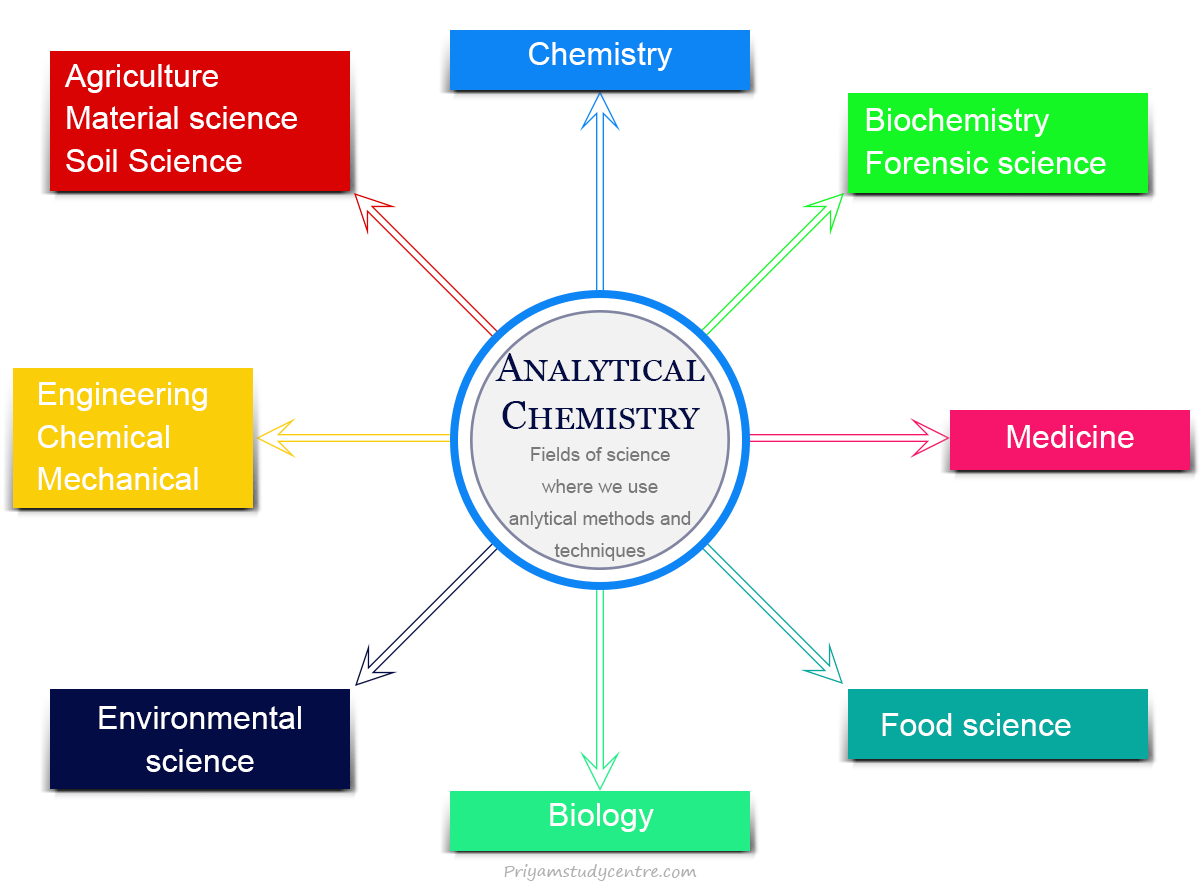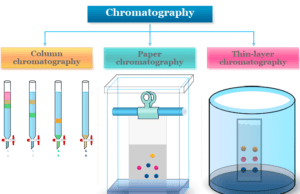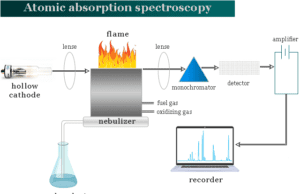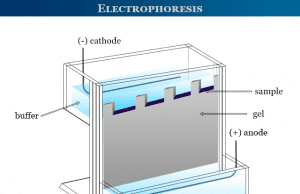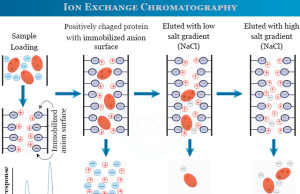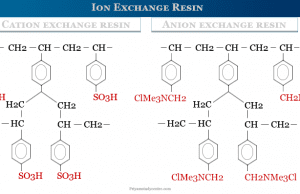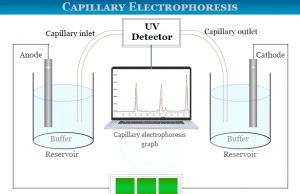Chromatography
Chromatography techniques
Chromatography techniques in analytical chemistry were applied to coloured components at the initial development of the chromatography principle. The name chromatography originated from...
Atomic Absorption Spectroscopy
Atomic Absorption Spectroscopy Principle
Atomic absorption spectroscopy (AAS) and atomic emission spectroscopy (AES) principle are based on the absorption and emission of light by atoms...
Paper Chromatography
Paper Chromatography Experiments
Paper chromatography in analytical chemistry is a technique that we used for the identification and separation of coloured samples. In paper chromatography...
Electrophoresis
Gel Electrophoresis System
Electrophoresis in analytical chemistry is a system of analysis or separation process of dispersed particles relative to a fluid or gel under...
Ion Exchange Chromatography
Ion Exchange Chromatography Principle
Ion exchange chromatography or ion chromatography principle is based on differences in potential between various ions for an ion exchange resin...
Ion Exchange Resin
Ion Exchange Resin Material
Ion exchange resin or ion exchange resin material is the types of resins molecules or polymers that are capable of exchanging cation...
Capillary Electrophoresis
Capillary Electrophoresis Instrument
Capillary electrophoresis (CE) or capillary zone electrophoresis (CZE) is a system that separates small quantities of substances in a short time with...

